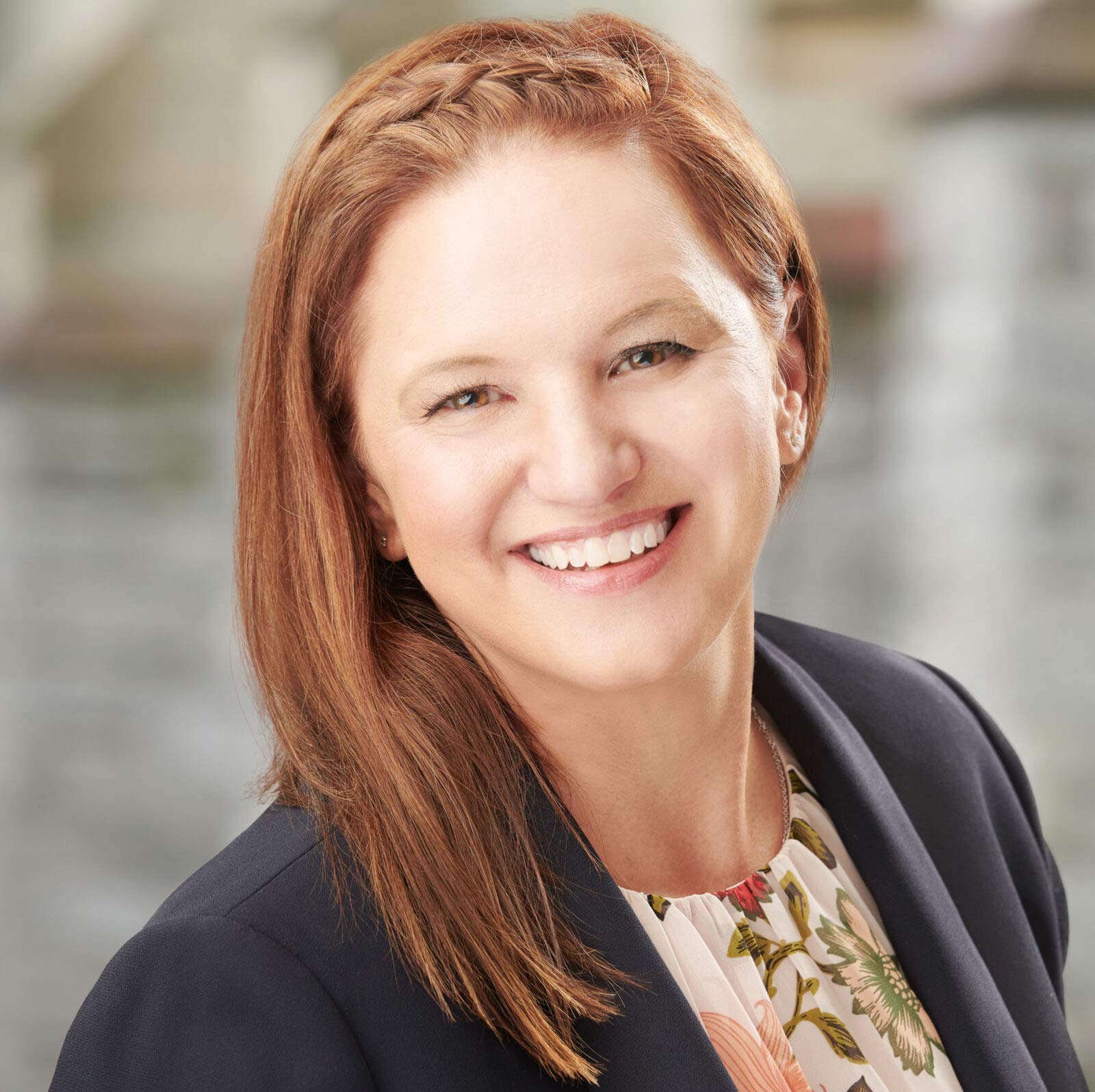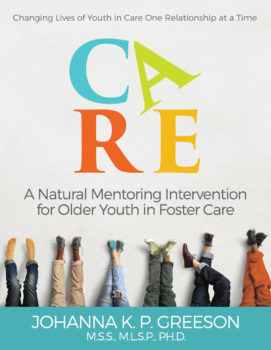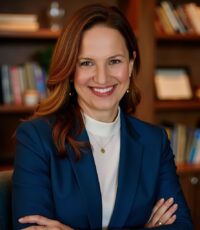News Details
New Intervention for “Aging-Out” Youth in Foster Care Focuses on Building Relationships

Authored by: Alina Ladyzhensky
Photography by: Provided
Faculty & Research
12/16/19
Caring Adults R Everywhere (C.A.R.E.), a social support program for young adults aging out of foster care, has released a new treatment manual designed to help practitioners build effective mentoring programs.
Written by Johanna Greeson, PhD, a leading child welfare scholar, and published by I Am My Life, C.A.R.E.: A Natural Mentoring Intervention for Older Youth in Foster Care provides child welfare professionals and organizations with the vision and tools they need to facilitate the development of growth-fostering relationships between the youth and adults in their lives who could serve as natural mentors.

Each year, 20,000 young adults aged 18-21 “age out” of the foster care system, often without the skills or support systems needed to navigate living independently. C.A.R.E. is a 12-week, research-informed intervention designed to replace independent living with an interdependent model. C.A.R.E. utilizes the power of connection through natural mentoring and advances a new paradigm in child welfare practice, acknowledging that all youth require independent living skills and lifelong connections to caring adults.
Throughout this comprehensive, empirically-supported guide, Dr. Greeson, associate professor at Penn’s School of Social Policy & Practice (SP2) and Faculty Director of The Field Center for Children’s Policy, Practice & Research, provides practical advice on how to train and effectively engage natural mentors, as well as how to help cultivate nurturing relationships between youth in care and their natural mentors. C.A.R.E. leverages youth’s pre-existing social networks to identify adults who can be natural mentors. Youth are empowered in this process because C.A.R.E. prioritizes the youth’s preference for which adults will take on the role of natural mentor.
The treatment manual includes how to assess youth’s permanent connections; guidelines for identifying, screening, and conducting background checks of potential mentors; trauma-informed training for natural mentors; program activities designed to support the development of growth-fostering relationships between the youth and their mentors, and more.
“Professor Greeson has created an intervention grounded in life-span developmental theory that puts social connections front and center… This book is a must-read for child welfare professionals who want to build on the resources that are already available within communities and to nurture the relationships that exist between youth aging out of foster care and caring adults who are willing to help them succeed.”
–Sara Jaffee, PhD, Professor of Psychology, University of Pennsylvania
People
-

Johanna K.P. Greeson, PhD, MSS, MLSP
Associate Professor
Contact
office: 215.898.7540
fax: 215.573.2099
Email